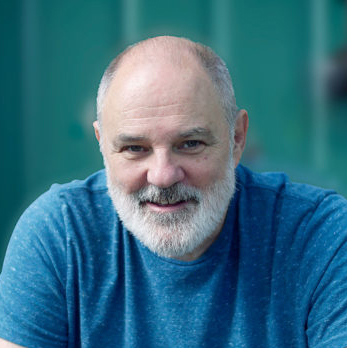Writers are never on vacation. Deadlines loom even when you’re sitting on the beach. Paranoia can set in about stories that will appear when you’re lolling in a hammock.
That’s been my experience at least.
Stories, unfinished or pending publication, have always seemed like the smoky innards of a rain cloud, darkening what should be a light-hearted time of rest and relaxation.
Writing demands discipline, but so does heeding the importance of the vacation.
However you take them, vacations are crucial to our personal and family
health, argues Joe Robinson, author of “Work to Live,’ which examines
the reasons why Americans find it difficult, if not impossible, to take time off. Robinson also founded the Work to Live campaign, which lobbies for a minimum of three weeks vacation for all Americans.
“We are among the most
productive countries in the world,” Robinson told a CNN interviewer. “But it has a downside when there’s never any time to recover.” The United States is the only advanced economy in the world that does not guarantee its workers paid vacation, according to “No-Vacation Nation,” a May 2007 study by the Center for Economc and Policy Research.
Time off does more than improve your health. For writers, it replenishes the well of inspiration and puts breathing space between you and your writing project, whether it is a novel, a series, an unfinished feature or that perennial first-day-of-school feature.
In “A Writer’s Time: A Guide to the Creative Process, from Vision through Revision,” Ralph Keyes views time off as imperative.
“Give yourself a well-deserved vacation” Keyes urges, “… [A]ction requires energy. When you return from vacation, physically refreshed and filled with renewed resolve, you’ll be prepared for a workman-like attack.”
All well and good. But I imagine, and can appreciate, pushback from those of you with daily deadlines, sometimes for multiple stories. Sure, Chip, I’ll just jet off to the Caribbean between my school board hearing story and the cop shorts I have to post to our Web site.
But before you click away in disgust, give me a moment for an etymology lesson, the history of the word defined at the beginning of this post.
“Vacation” first came into use between 1350 and 1400. Its origins are Latinate, when vacātiō, meant simply “freedom from something.” Freedom doesn’t have to be a rafting trip down the Colorado River or a traipse through Europe’s landmarks, though both of those adventures sound inviting.
Being free can mean just getting up from your desk and taking a walk around the block, giving yourself five to 10 minutes to phone a friend or relative.
Stop everything and breathe. “It can be for five minutes or five seconds.” That’s the prescription from Jon Kabat-Zinn, professor of medicine emeritus at the University of Massachusetts and author of the bestseller “Wherever You Go, There You are: Mindfulness Meditation in Everyday Life.”
Influenced by Kabat-Zinn and other teachers of Buddhist mindfulness, I’ve found that just closing my eyes and paying attention to the in-and-out of my breathing can be a restorative mini-vacation.
Of course, let’s not forget vacations that extend beyond a few inhalations. I hope some of you will have some ideas to share about freedom in long form. For me, these represent the greatest challenge.
Vacations were never a tradition in my family (other than trips to the town beaches). Once I entered my teens, work intervened, ranging from caddying to mowing lawns. Two decades as an over-achieving reporter left me ill-prepared to take off blocks of time. When I did take vacations, my expectations were so high that the trips never lived up to the standards I set.
Instead, two or three days off does the trick, especially if those days are taken during the work week. There’s nothing more pleasing than shopping in a half-empty mall or taking in a movie with perhaps a half-dozen others scattered around the darkness, knowing that the rest of the world is at work. Nah-nah-nah-nah-nah, you’re at work. I’m not.
Even cutting back on my work week makes for mini-vacations.
I’m going to stop posting “Chip on Your Shoulder” on Fridays for most of the summer. I hope to take some three-day weekends, but also have other deadlines and teaching on my plate. This decision, of course, puts me at risk for the re-entry blues, but, right now, I’m OK with that.
I return to the dictionary for guidance. “Freedom from something.” For any of us, that’s not too much to ask, is it?






